In my last post, I included a nineteenth century editorial about newspaper patronage that I found in the
Google News Archives. This inspired me to go looking for other tidbits of 100-year-old wisdom, and to my delight I found them in abundance.
Since several newspapers today are claiming people need to pay for the news, I started by looking for pieces that discuss the economics of newspaper publishing. Newspapers would love to let readers with no knowledge of the business think their pocket change supports the industry, so they will feel guilty about getting the news free online. But as an
1846 essay on journalism and the London press reminds us, this has never been the case:
The Galaxy article contains another interesting portion that addresses a different point of contention in modern news. Many newspapers claim that bloggers are ‘parasites’ who unfairly profit from their hard work. Once again, those with real knowledge of the industry know that expanding on the work of others is already an indispensable part of the journalistic process, and that these accusations positively reek of hypocrisy. The Galaxy reminds us that things were no different 142 years ago:
For anyone involved in journalism the Galaxy article is well worth reading in its entirety, if only because it’s so amusing. As an example I include this next excerpt, not because it is particularly relevant but because anyone who does not at least smile while reading it can hardly call themselves a journalist:
In thinking about the modern journalism business, I have always reached the conclusion that we are approaching an advertising revolution that will ultimately benefit both the advertisers and the public, by reducing the amount of wasted communication and directing people to the products and services they actually want and need, while providing valuable content in the process. I believe that journalists, advertisers and creative agencies should all be focused on the same goal right now: improving the quality and relevancy of advertising, while maintaining the editorial standards that lend newspapers their credibility in the first place. To that end I leave you with this quote from
The Best in Journalism, a speech delivered by the editor of the Brooklyn Eagle to the Sphinx club in 1899:
Of course, I did find
this on the very same page:

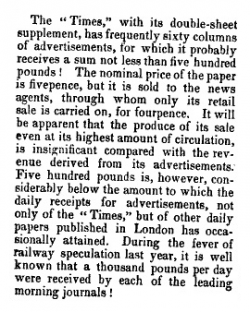
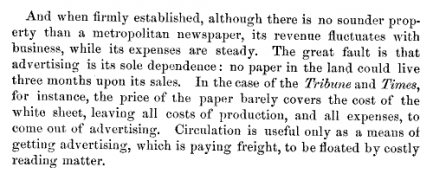
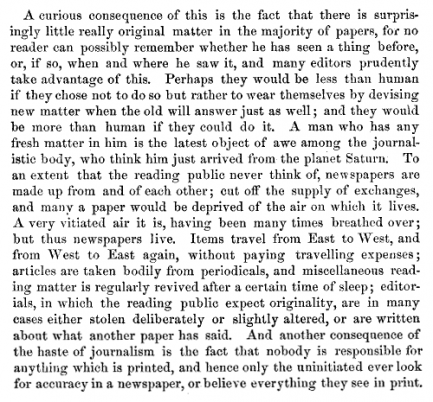
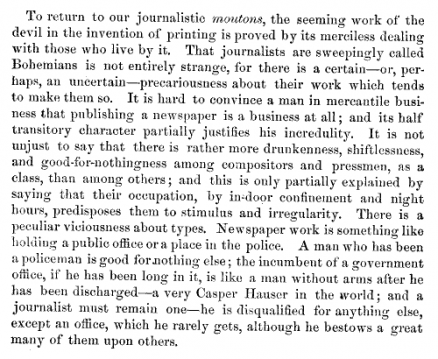
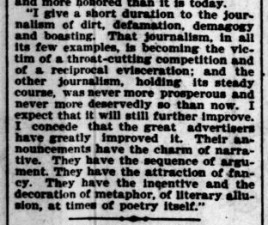
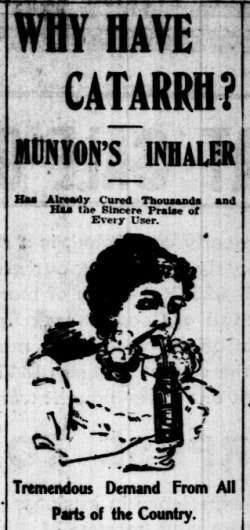


 RSS Feed
RSS Feed